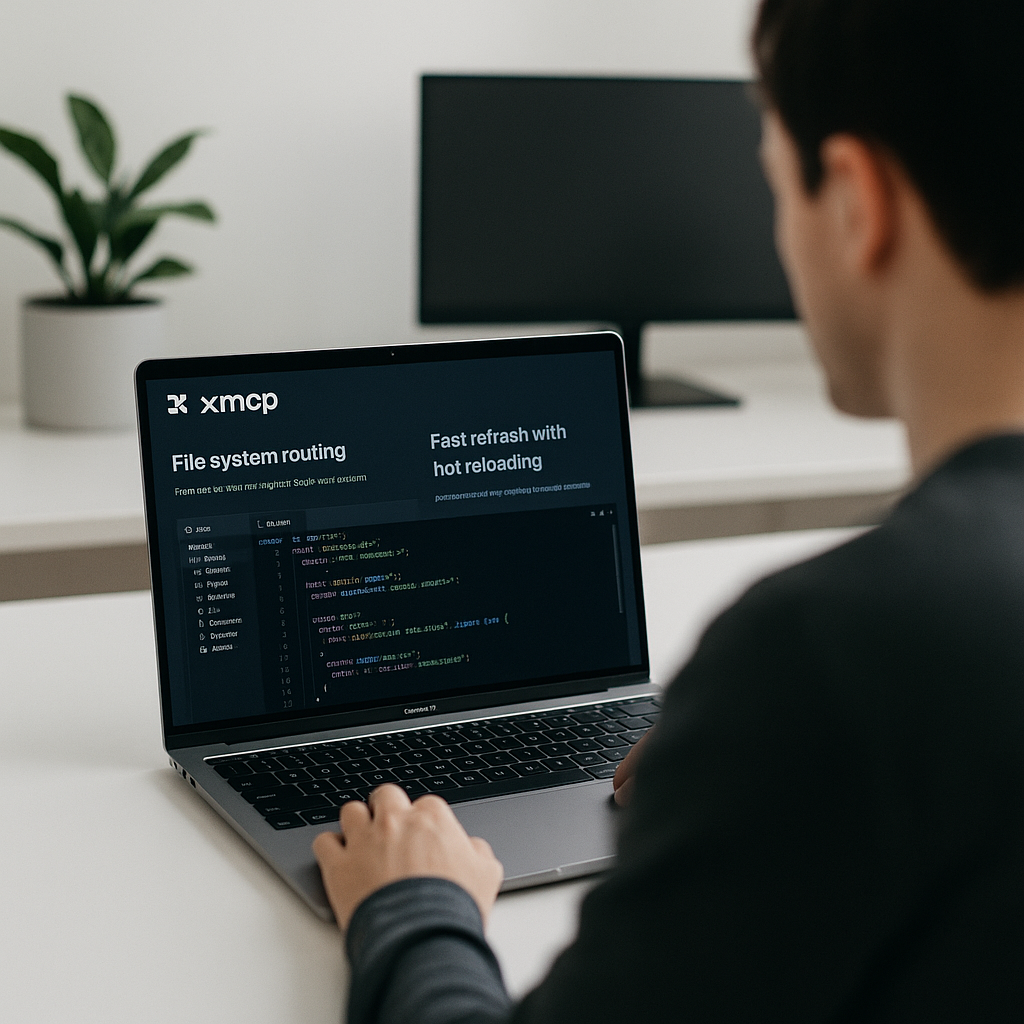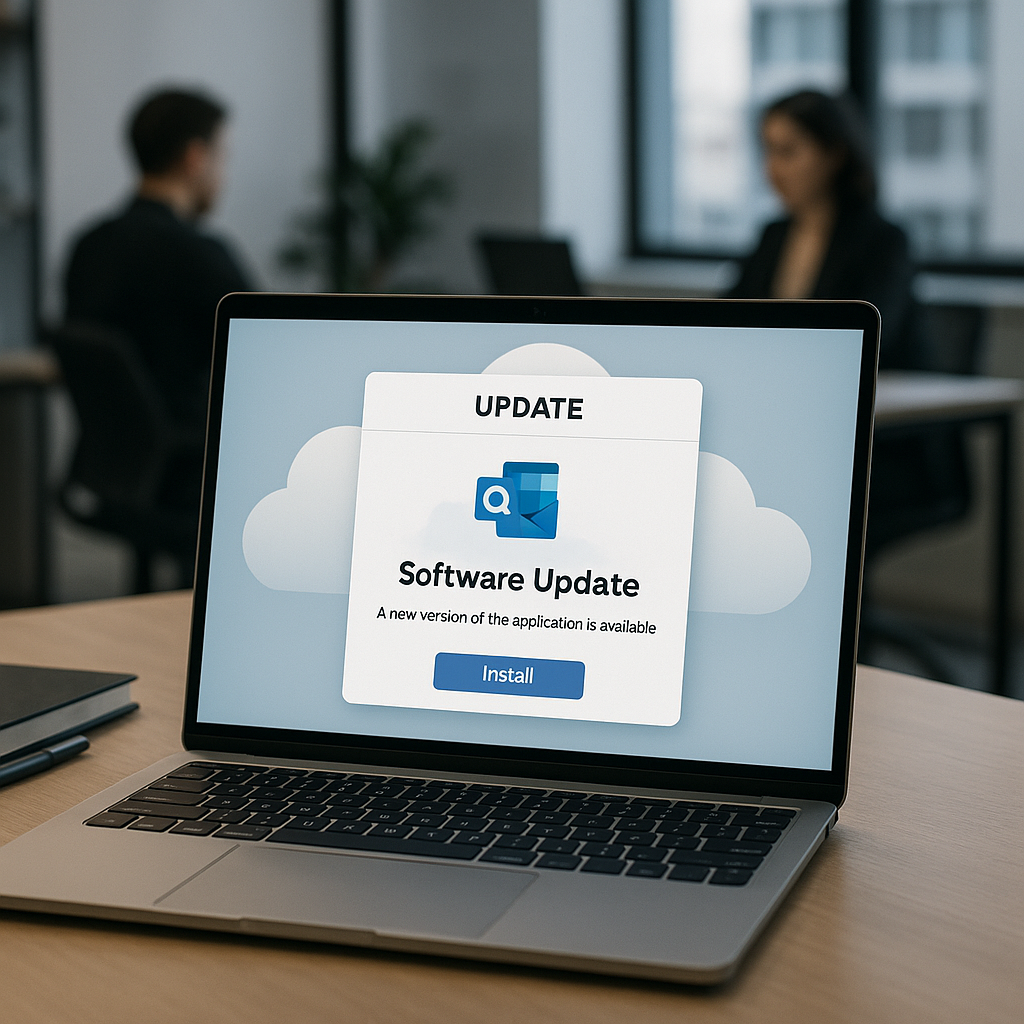Streamlining Development with the XMCP Framework
As technology continues to evolve, the need for efficient application development frameworks is more crucial than ever. For businesses aiming to create robust and dynamic Model Context Protocol (MCP) applications, adopting a powerful framework can streamline the entire development process. Today, I’m excited to share insights into the XMCP framework—a TypeScript solution that not only enhances the development experience but also simplifies the deployment of MCP applications.
At Best Choice, we understand the importance of having a tailored solution that meets your specific business needs. Whether you operate a cafe, a clinic, or an online store, the XMCP framework offers features designed to improve workflows, save time, and ultimately boost revenue. This framework is not just about coding; it’s about creating effective tools that help businesses, like yours, achieve their goals more efficiently.
What is XMCP?
XMCP is a cutting-edge framework that enables developers to create and deploy MCP applications. Its core purpose is to simplify the development process while providing the flexibility needed to customize applications according to user requirements. Let’s take a look at some key features that make XMCP a robust choice for businesses across Europe.
1. File System Routing
One of the standout features of XMCP is its file system routing. This function automatically registers tools from a designated tools/ directory, making it incredibly easy to manage various components of your application. For business owners, this means quicker iterations and more maintainable codebases. For instance, if you run a booking service, you can easily add new features without worrying about complicated routing configurations.
2. Hot Reloading
Another great feature is hot reloading, which allows developers to see changes in real time. This significantly reduces feedback loops during the development phase. Imagine you’re developing a mobile app for an online store; with hot reloading, any adjustments you make to the interface can instantly be viewed on your devices, speeding up the testing process and enhancing usability for your customers.
3. Middleware Support
XMCP’s middleware option is crucial for ensuring secure and flexible application behavior. Developers can implement authentication and other custom middleware effortlessly. In a healthcare setting, for instance, having a secure way to handle patient data is paramount. With XMCP, integrating such functionalities becomes less of a hurdle, allowing you to concentrate on providing quality services.
4. Extensible Configuration
The framework offers extensible configuration options that enable developers to customize their MCP server according to specific needs. This is particularly beneficial for businesses operating on various platforms. You might have a unique model for a warehouse management system, making it essential to tailor the application to suit your operational workflow perfectly.
5. Deployment Flexibility
XMCP supports deployment across multiple platforms, with a seamless integration feature for cloud-based hosting like Vercel. This flexibility ensures that your applications can be made available to users quickly and efficiently. Businesses can scale operations faster—perfect for rapidly evolving industries like e-commerce or on-demand services.
6. Getting Started Made Easy
Starting with XMCP is streamlined with a single command to bootstrap your project. The framework also facilitates integration with established applications like Next.js or Express, ensuring a smooth transition into the MCP ecosystem. This means if you currently have systems in place, you can enrich your functionalities without starting from scratch, thus saving resources and time.
Open-Source Alternatives to Consider
While XMCP is a powerful proprietary solution, there are several open-source alternatives worth considering if you’re exploring different frameworks for building MCP servers:
- Artemis-MCP: A TypeScript framework that simplifies tool discovery and supports various transport mechanisms. Built on the official MCP SDK, it can be a great option for businesses wanting a customizable and scalable solution.
- XcodeBuildMCP: If your applications are heavily integrated with Xcode, this server can enhance your workflows by offering programmatic interactions with Xcode projects, ideal for tech-driven companies looking to innovate quickly.
Both these options provide functionalities similar to XMCP and can be valuable depending on your specific requirements.
Conclusion
Choosing the right framework is vital in this fast-paced digital landscape. The XMCP framework provides an efficient, user-friendly, and flexible environment for developing MCP applications, which can lead to significant improvements in workflows, operational efficiency, and overall business performance. If you’re interested in exploring how a tailored IT solution can transform your business, please feel free to reach out to Best Choice. We’re here to support your journey towards enhanced digital capabilities!





